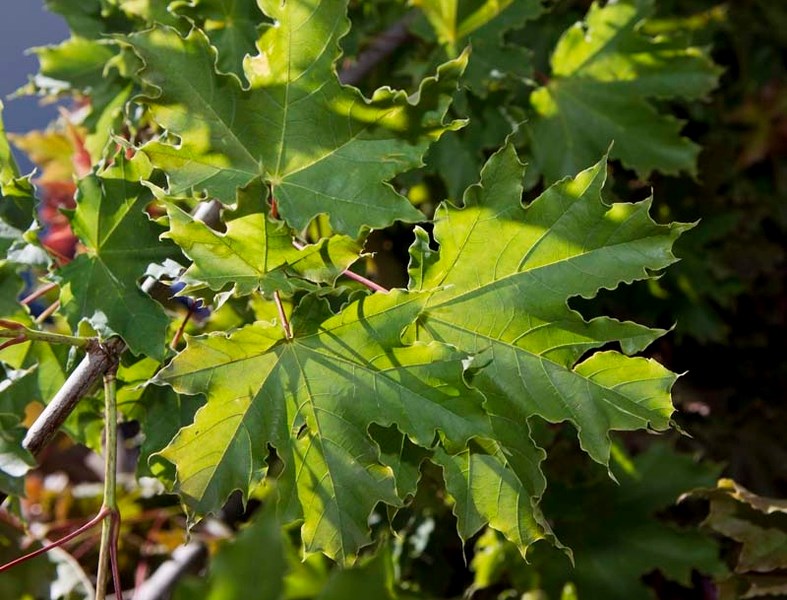St. Albert is a little less fruity now that a city program has replaced some troublesome pear trees.
City crews announced this week that they had wrapped up their fruit tree removal program a year ahead of schedule.
In 2011, a report to city council by Coun. Cam MacKay found that residents of Evans Place, Paquette Place and Duncan Court were worried about the ornamental pear trees planted on their streets.
The trees, Ussurian pears, are known for their showy white flowers that open before the leaves come out.
The trees produce lots of hard, green-yellow fruit that’s mostly inedible and usually splats on the sidewalk each fall. Residents have complained that the fruit stains sidewalks, dents cars, bonks heads, attracts wasps, stinks and causes people to slip. The trees themselves also have large thorns that have injured residents. City bylaws prevent people from trimming branches on city property.
There were about 135 Ussurian pear trees on city property on 10 streets, said public works operations manager Bruce Thompson, and crews were concerned that they were a safety risk. “They create a mess on the boulevard.”
Last year, crews canvassed residents of Dorchester Point, Duncan Court, L’Hirondelle Drive and Eastwood, Evans, Paquette, Hart, Hesse, Ironstone and Ironwood Place to see if they wanted their pear trees removed. If they did, they were asked to pick the kind of tree they wanted instead. If they didn’t, they signed an agreement to clean up any fallen fruit.
Crews originally thought it would take three years to remove and replace the trees, Thompson said, but they only needed two since so many people wanted to keep the trees. “We’ll finish with the final planting this year.”
Crews removed 108 Ussurian pear trees, Thompson said, replacing them with linden, elm, bur oak and blazing maple trees. Five trees were not replaced due to conflicts with signs or driveways, and seven were transplanted to parks. (Most of the trees were too constrained by concrete to move, he explained.) Twenty-seven stayed put.
The city would not plant trees that bear such big fruit in the future, Thompson said. Tree concerns should go to public works at 780-459-1557.




